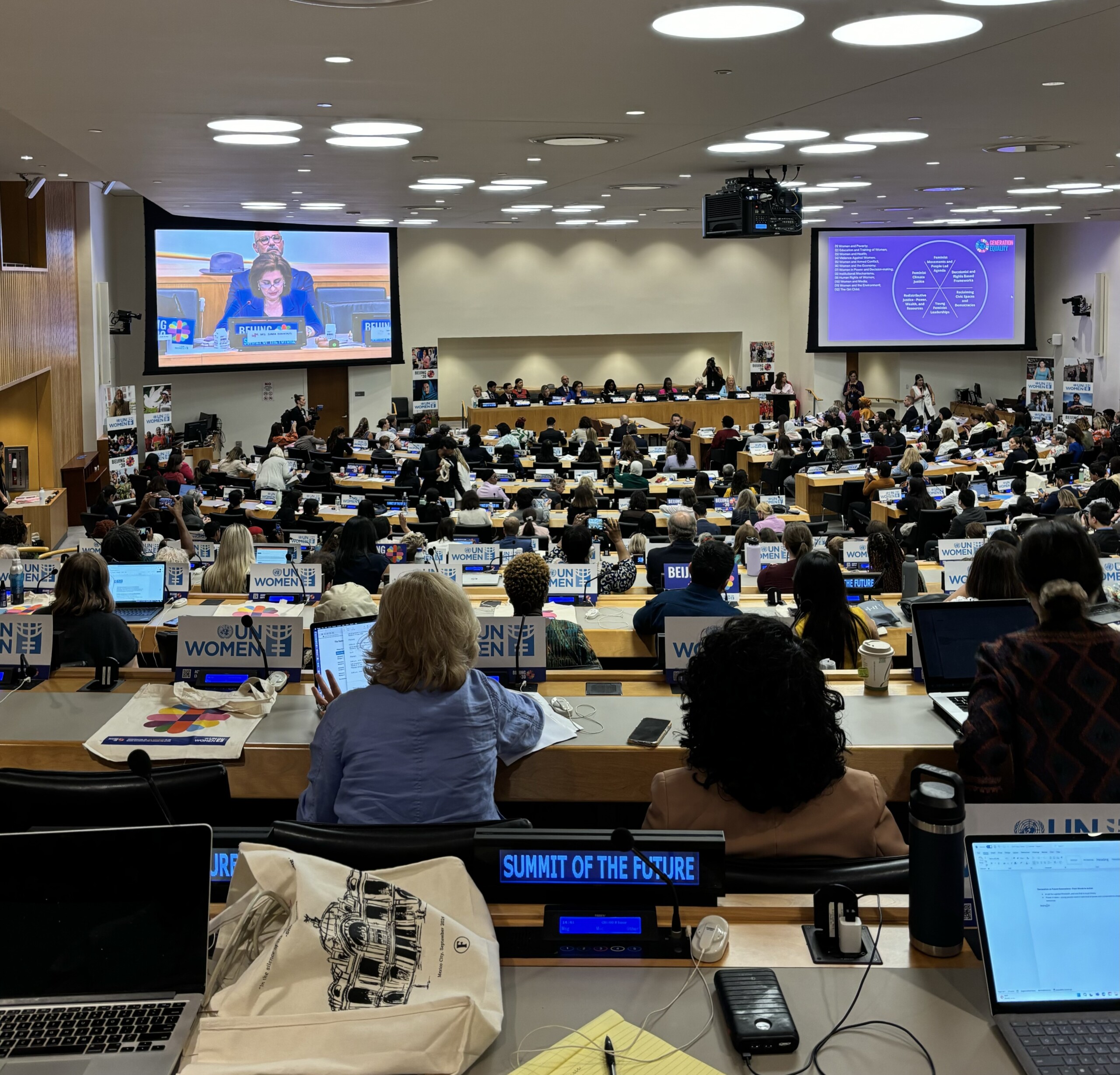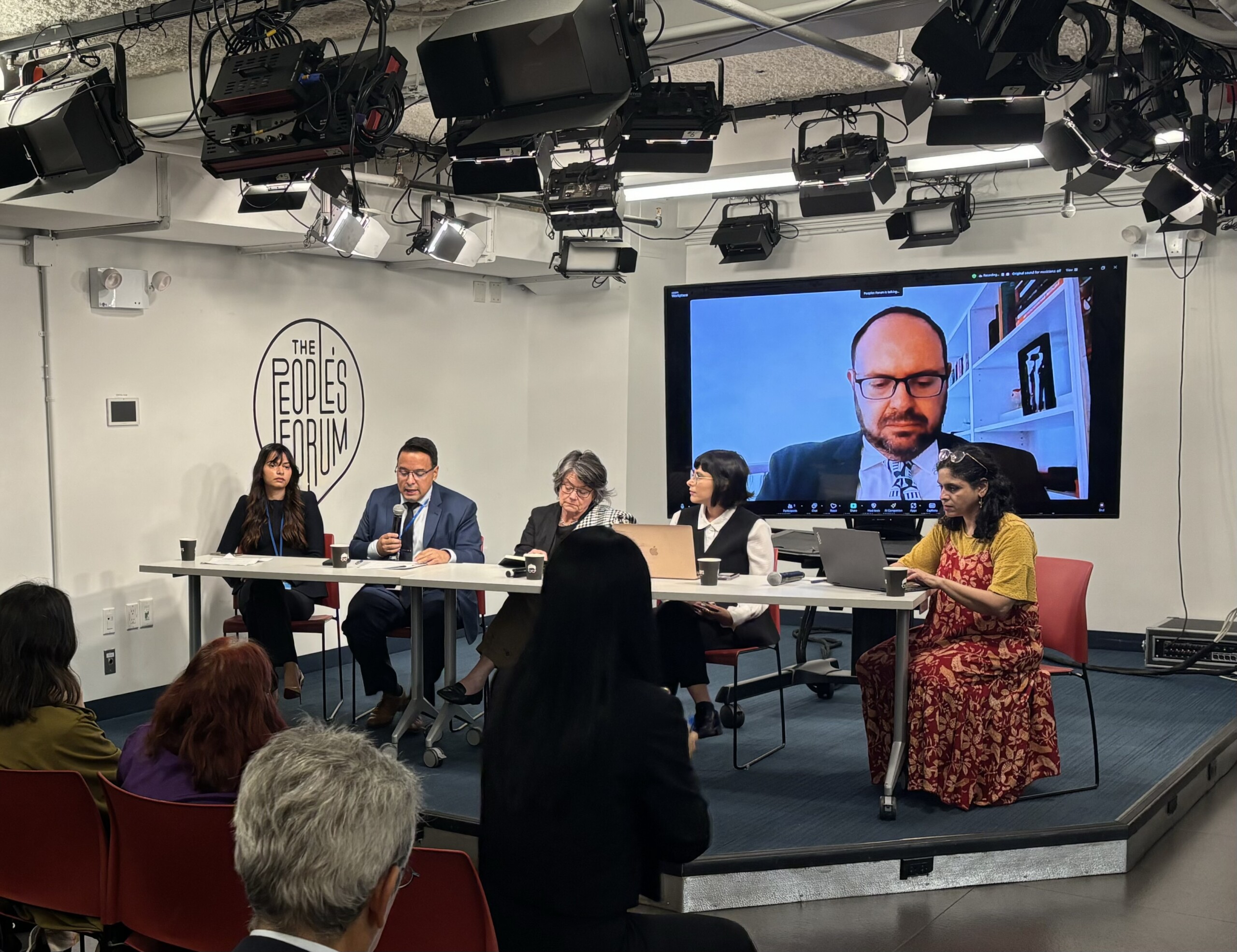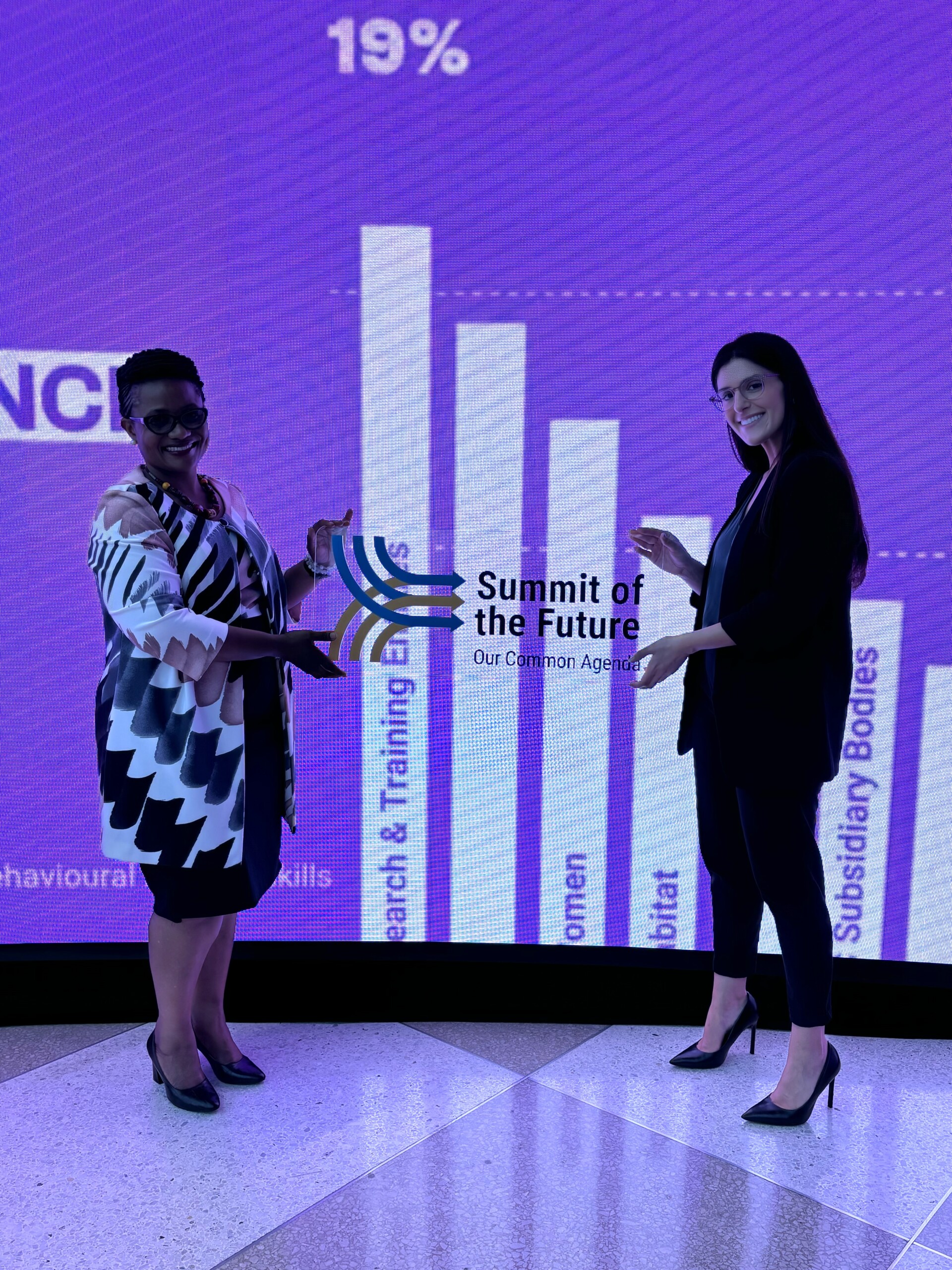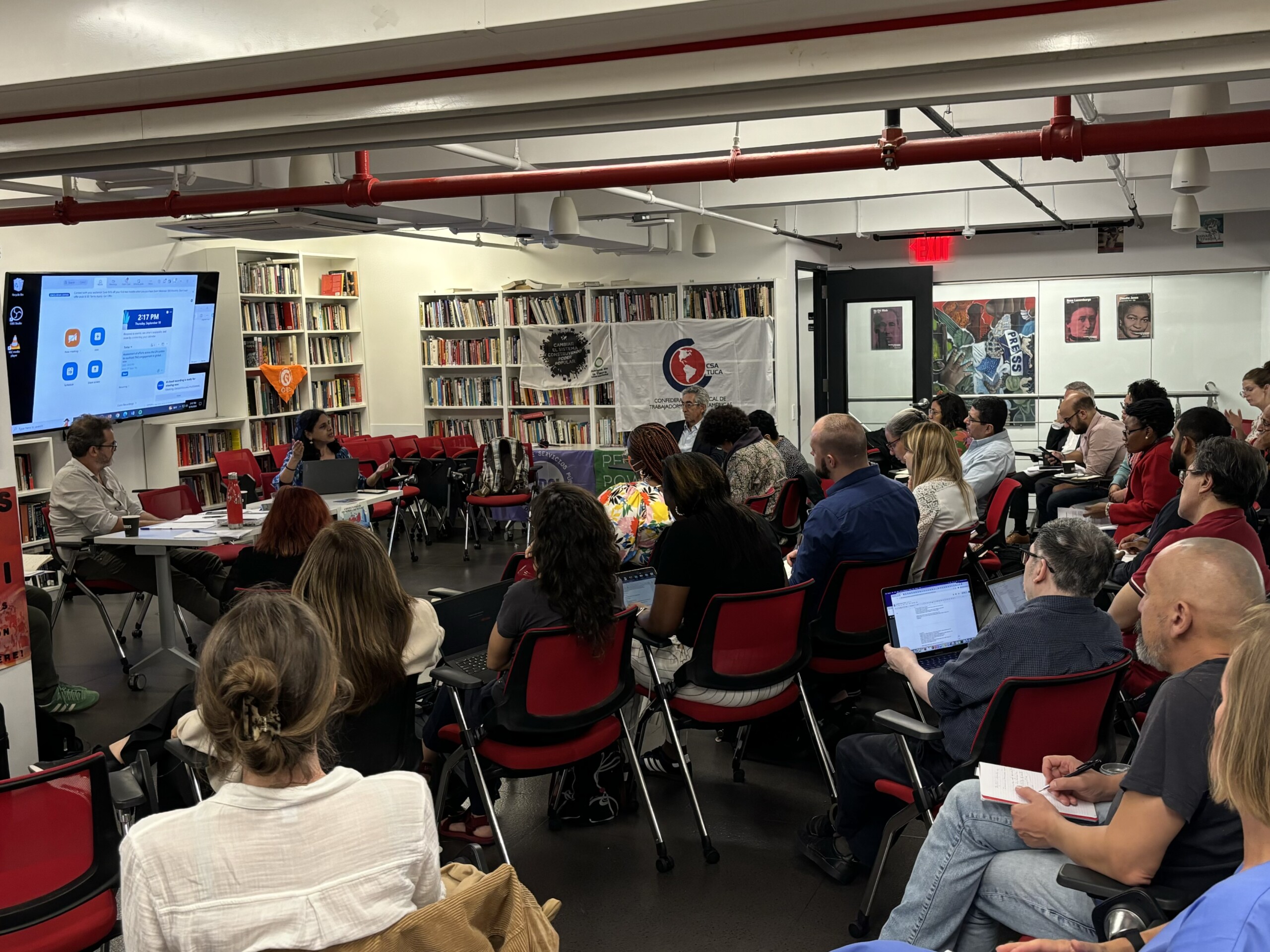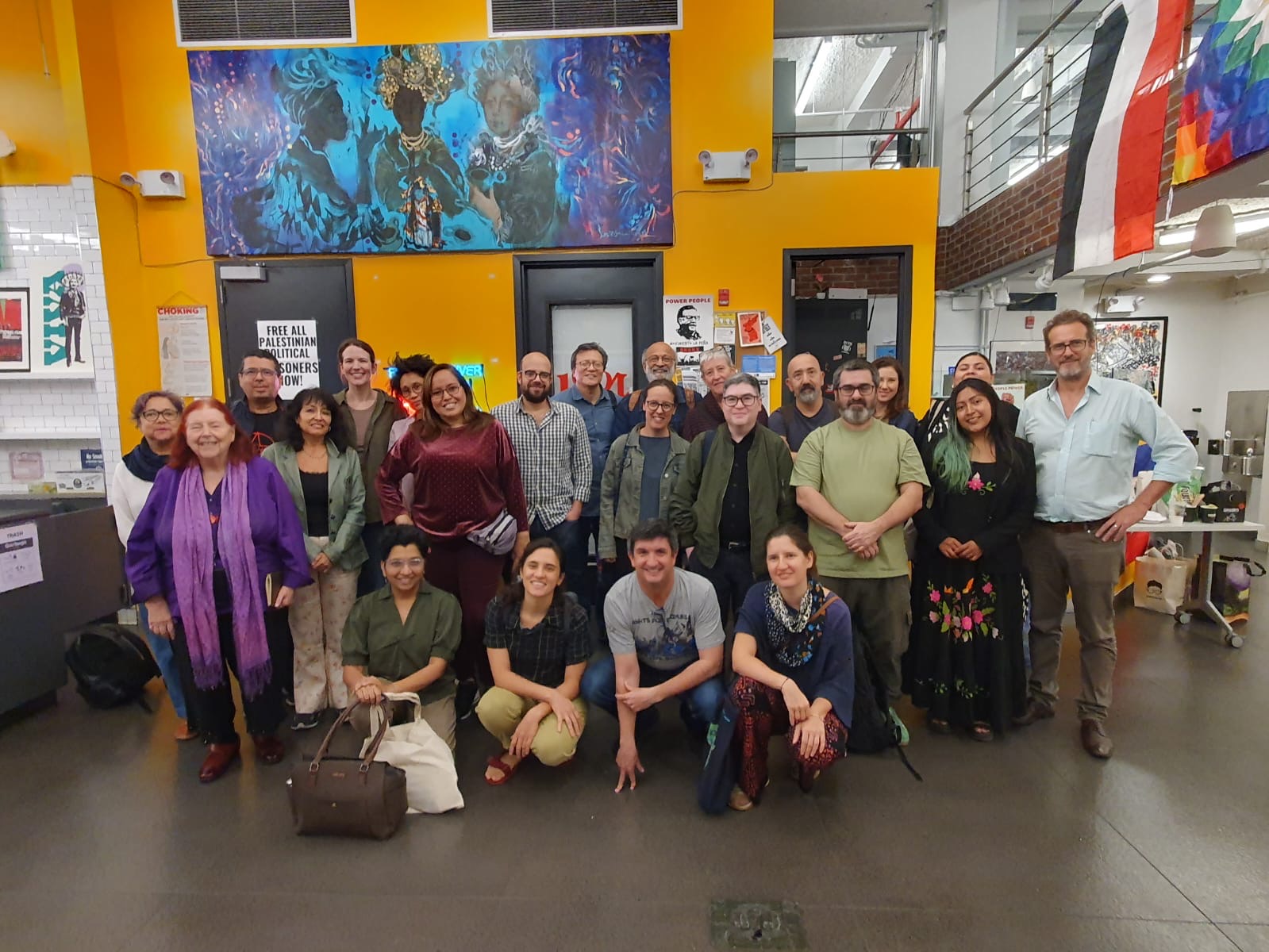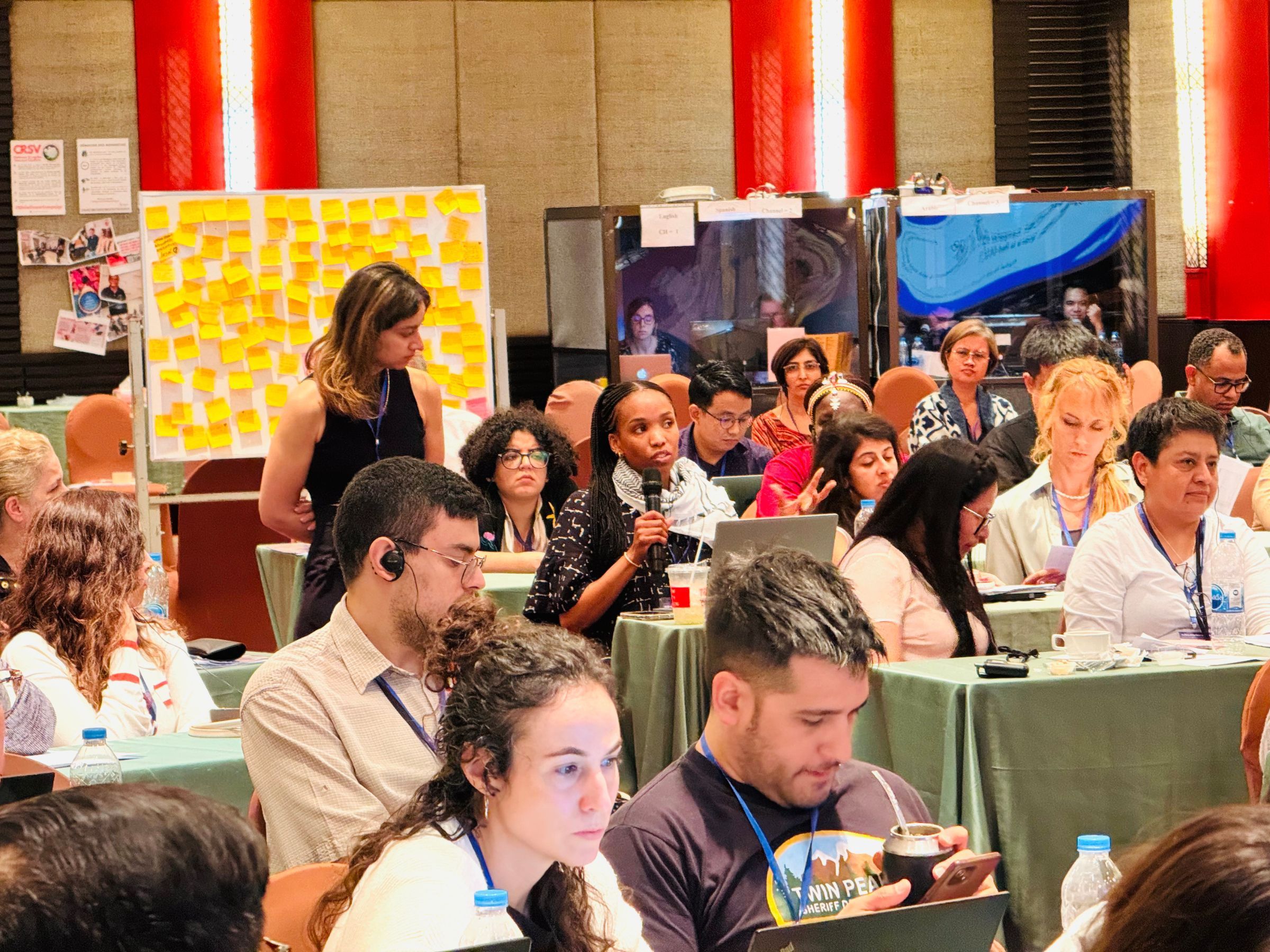Activists and campaigners raised growing concerns last month over corporate capture of global governance, during the Social Movements and Organizations’ Encounter in New York. The event was organized by social movements in parallel with the UN Summit of the Future, September 21-23. One critical question resonated throughout the four-day encounter: people or profit?
The goal of the event was to put forward transformative solutions to the world’s major problems and challenge the UN Secretary-General’s “UN 2.0” which assigns a bigger role to transnational corporations, multistakeholderism, and “networked governance.”
“We confer a sort-of ‘halo’ on transnational corporations, particularly digital corporations, to tackle our foundational challenges, in core areas like universalizing education, no matter what it means for inclusion or inequality,” said Anita Gurumurthy, founding member and Executive Director of IT for Change. “By handing over social infrastructures to these entities, we hand over the control we have as people over the public domain. The question is not about capability, but about accountability and about what we value. People or profit?
Members Habitat International Coalition (HIC), People’s Health Movement (PHM), FIAN International, and Corporate Accountability, among others part of the Peoples Working Group on Multistakeholderism and the Corporate Accountability Working Group, were active in preparations for the Summit of the Future. They contributed to calls for inputs to the Pact for the Future, an inter-governmentally negotiated, action-oriented document with the “potential to promote a multilateral system that reflects the realities of today and that delivers for everyone, everywhere,” according to the UN. Members also participated in consultations, and joined in the Civil Society Conference held in May 2024 in Nairobi, which was set out to mobilize contributions of non-State actors to the Pact.
